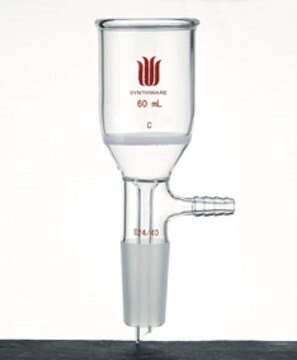MABN2277
Anti-Dab1 Antibody, clone 4H11
clone 4H11, from rat
Sinónimos:
Disabled homolog 1
About This Item
Productos recomendados
origen biológico
rat
forma del anticuerpo
purified immunoglobulin
tipo de anticuerpo
primary antibodies
clon
4H11, monoclonal
reactividad de especies
mouse
envase
antibody small pack of 25 μL
técnicas
immunohistochemistry: suitable
immunoprecipitation (IP): suitable
western blot: suitable
isotipo
IgG1κ
Nº de acceso NCBI
Nº de acceso UniProt
modificación del objetivo postraduccional
unmodified
Información sobre el gen
mouse ... Dab1(13131)
Descripción general
Especificidad
Inmunógeno
Aplicación
Western Blotting Analysis: A representative lot detected Dab1 in Western Blotting applications (Onoune, A., et. al. (2014). Neurosci Res. 88:23-7; Nakamura, K., et. al. (2016). Neuroscience. 336:20-29).
Immunoprecipitation Analysis: A 1:500 dilution from a representative lot immunoprecipitated Dab1 in cerebral cortex tissue lysate of P20 mouse (Courtesy of Prof. Mitsuharu Hattori, Nagoya City University).
Neuroscience
Calidad
Western Blotting Analysis: A 1:10,000 dilution of this antibody detected Dab1 in lysates from HEK293T cells expressing murine Dab 1 but not in mock HEK293T cells.
Descripción de destino
Forma física
Almacenamiento y estabilidad
Otras notas
Cláusula de descargo de responsabilidad
¿No encuentra el producto adecuado?
Pruebe nuestro Herramienta de selección de productos.
Certificados de análisis (COA)
Busque Certificados de análisis (COA) introduciendo el número de lote del producto. Los números de lote se encuentran en la etiqueta del producto después de las palabras «Lot» o «Batch»
¿Ya tiene este producto?
Encuentre la documentación para los productos que ha comprado recientemente en la Biblioteca de documentos.
Nuestro equipo de científicos tiene experiencia en todas las áreas de investigación: Ciencias de la vida, Ciencia de los materiales, Síntesis química, Cromatografía, Analítica y muchas otras.
Póngase en contacto con el Servicio técnico